Collapsed trachea in dogs happens when the windpipe’s cartilage rings weaken, causing it to flatten and obstruct airflow. Common in small breeds like Yorkshire Terriers and Pomeranians, symptoms such as honking coughs, breathing struggles, and gagging often worsen with excitement or exercise. While veterinary intervention is crucial, natural treatments for collapsed trachea in dogs can provide relief, enhance breathing, and boost quality of life when used alongside professional care.
For dogs facing chronic respiratory issues, exploring supportive options like pain medication for hip dysplasia in dogs may offer insights into managing related discomfort, though always prioritize trachea-specific strategies.
This guide details proven natural approaches, from weight control to oxygen support, to help manage collapsed trachea in dogs effectively.
Table of Contents
- 1. Weight Management
- 2. Humidifiers and Air Purifiers
- 3. Herbal Remedies
- 4. Acupuncture and Acupressure
- 5. Aromatherapy
- 6. Calming Supplements
- 7. Nutritional Support
- 8. Oxygen Therapy
- 9. Cool Environment
- 10. Elevated Sleeping Position
1. Weight Management for Collapsed Trachea in Dogs {#weight-management}
Obesity exacerbates collapsed trachea in dogs by adding pressure on the airway, intensifying coughs and fatigue. Shedding excess pounds lightens this load, opens the windpipe, and eases respiration. Veterinary studies, including those from VCA Animal Hospitals, emphasize weight reduction as a cornerstone of management.
To achieve optimal weight:
- Balanced Diet: Opt for vet-recommended, low-calorie foods rich in lean proteins like chicken or fish. Portion control prevents overfeeding.
- Gentle Exercise: Short leash walks in cool weather build stamina without strain. Swimming offers low-impact cardio.
- Regular Monitoring: Weigh monthly and adjust based on progress. Tools like body condition scores help track fat levels.
Weight loss can cut coughing by up to 50% in some cases, per anecdotal vet reports, while improving mobility and vitality. Combine with routine check-ups for best results.
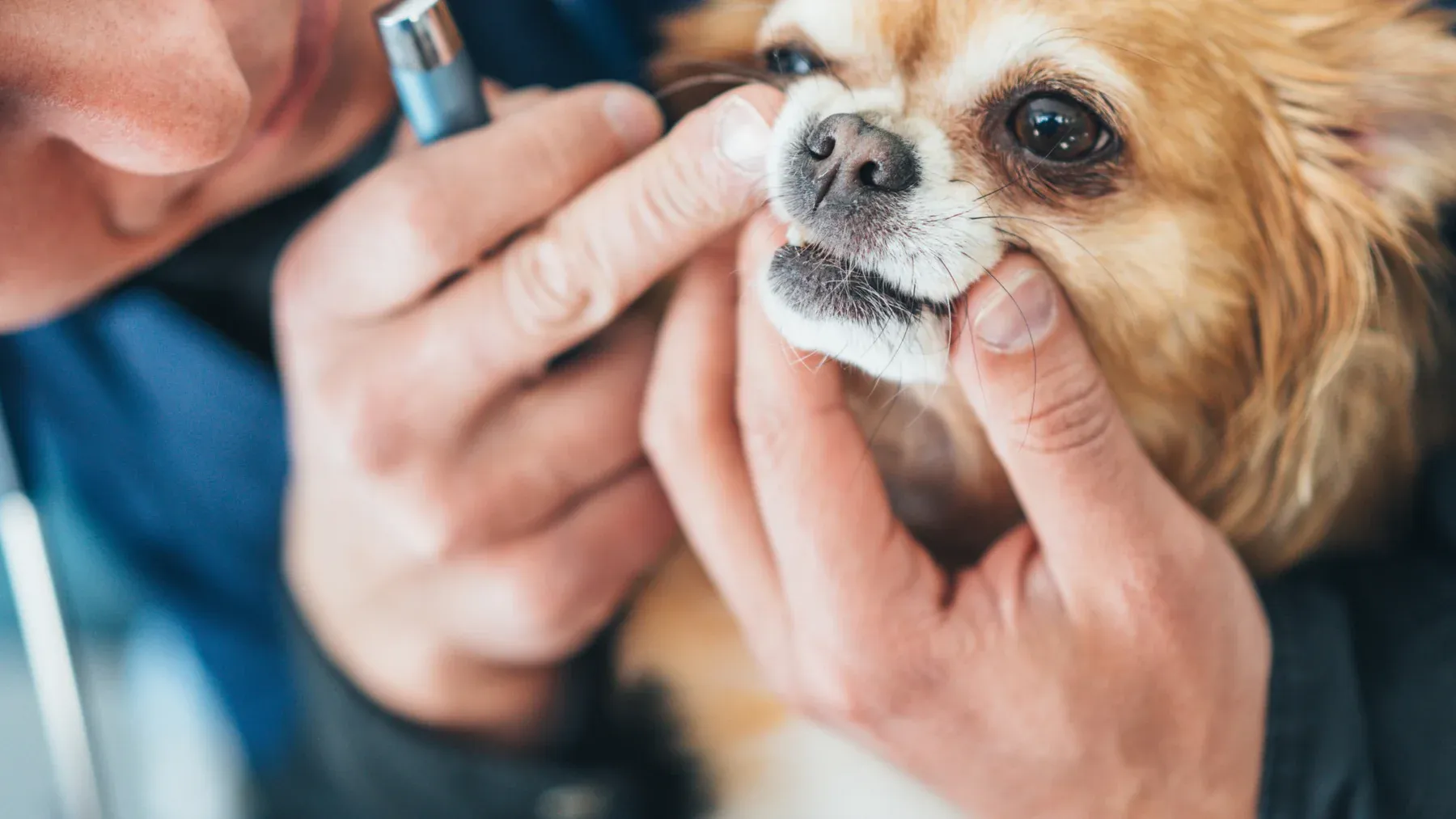 dog at the vet
dog at the vet
2. Humidifiers and Air Purifiers {#humidifiers}
Dry air irritates the sensitive trachea, triggering inflammation and coughs in dogs with collapsed trachea. Humidifiers restore moisture, while HEPA air purifiers filter allergens and dust—key culprits in flare-ups.
Humidity levels of 40-60% soothe mucous membranes, reducing throat dryness common in winter or arid regions. Place cool-mist units near bedding, cleaning weekly to avoid mold. Purifiers tackle pollen, smoke, and dander effectively.
These tools create a respiratory-friendly home, minimizing episodes and promoting calmer breathing. Owners report fewer nighttime coughs after implementation.
3. Herbal Remedies {#herbal-remedies}
Herbs provide anti-inflammatory relief for collapsed trachea in dogs, coating and calming irritated airways. Always source pet-grade products and consult vets to avoid interactions.
Key options include:
- Marshmallow Root: Its mucilage forms a protective layer, easing coughs and swelling.
- Licorice Root: Acts as an expectorant, clearing mucus but limit use to prevent hypertension risks.
- Mullein: Supports lung health, reducing inflammation holistically.
Start with low doses in teas or tinctures. Holistic vets like those certified by the American Holistic Veterinary Medical Association endorse these for symptom control.
What causes collapsed trachea? Genetic factors, aging, obesity, and irritants weaken rings. Symptoms: honking coughs, wheezing, cyanosis.
During coughs: Stay calm, use harnesses, provide cool air, and consider oxygen.
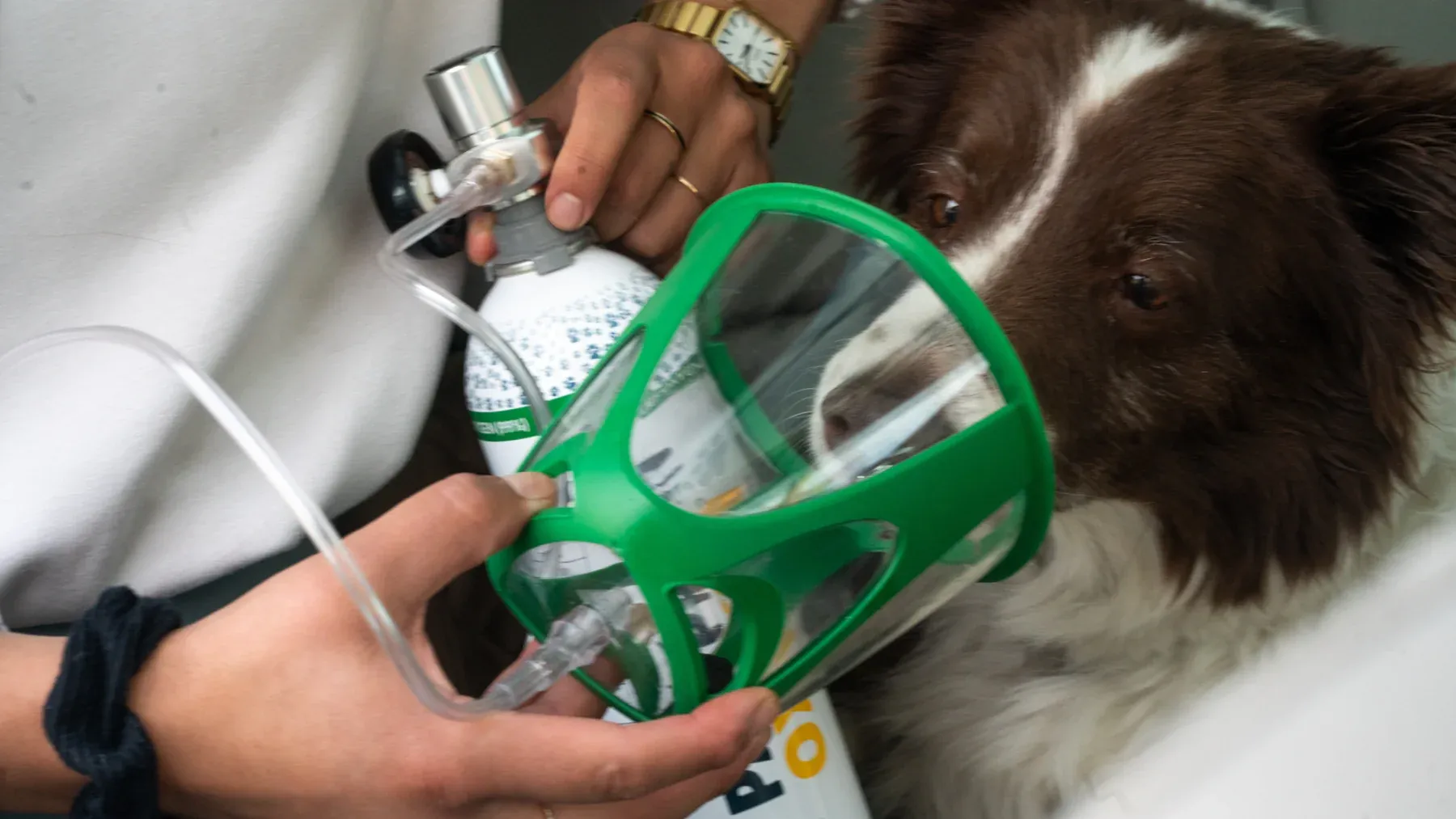 dog receiving oxygen therapy
dog receiving oxygen therapy
4. Acupuncture and Acupressure {#acupuncture}
Rooted in Traditional Chinese Veterinary Medicine, these therapies target energy points to relax tracheal muscles and curb inflammation in collapsed trachea cases.
Acupuncture involves fine needles for endorphin release, improving airflow—backed by AKC-recognized benefits for pain and respiration. Acupressure, DIY-friendly, applies firm pressure to points like GV-14 for similar effects.
Sessions (1-2 weekly) yield results in 4-6 weeks for many dogs, per practitioner anecdotes. Certified veterinary acupuncturists ensure safety.
For related joint pain, explore new arthritis medication for dogs.
5. Aromatherapy {#aromatherapy}
Stress amplifies collapsed trachea symptoms; calming scents like lavender relax airways safely. Diffusers disperse diluted oils, fostering tranquility without direct contact.
Lavender reduces anxiety, chamomile soothes nerves, and frankincense aids respiration. Mist bedding lightly, ventilate well, and monitor reactions.
Avoid toxic oils (tea tree, eucalyptus). Vet approval prevents issues, aligning with ASPCA guidelines for pet aromatherapy.
6. Calming Supplements {#calming-supplements}
Anxiety triggers spasms in collapsed trachea in dogs; supplements like chamomile and melatonin promote calm without sedation.
Chamomile eases nerves gently; melatonin regulates sleep, curbing night coughs. Choose NASC-sealed, dog-specific formulas.
Vet dosing (e.g., 1-6mg melatonin/10lbs) ensures efficacy. These complement lifestyle tweaks for fewer episodes.
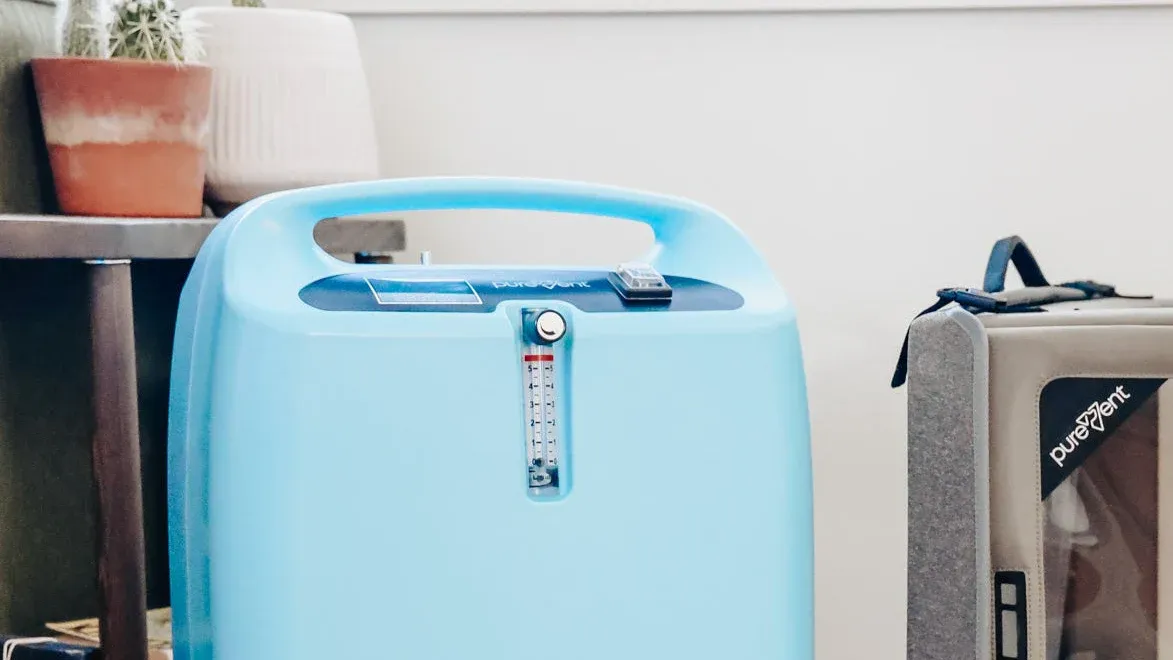 Purevent oxygen concentrator and chamber
Purevent oxygen concentrator and chamber
7. Nutritional Support {#nutritional-support}
Anti-inflammatory diets bolster tracheal resilience. Omega-3s from fish oil slash swelling; antioxidants in berries combat oxidative stress.
Incorporate spinach, turmeric, and flaxseed. Supplements like Vitamin E pair synergistically.
Tailor via nutritionists for breed-specific needs, enhancing immunity holistically. For kidney support in seniors, see kidney medicine for dogs.
8. Oxygen Therapy for Collapsed Trachea in Dogs {#oxygen-therapy}
During distress, supplemental oxygen saturates blood, easing labored breaths. Portable kits or home concentrators deliver 90%+ purity via masks.
Use for acute episodes; vets prescribe flow rates. Precautions: Monitor cyanosis, seek ER if unresolved.
This non-invasive aid, per Pawprint Oxygen insights, transforms management.
9. Cool Environment {#cool-environment}
Heat prompts panting, collapsing the trachea further. AC, fans, cooling mats, and shaded walks maintain 68-72°F ideals.
Hydrate constantly; limit midday outings. These prevent escalation, per veterinary thermal stress advice.
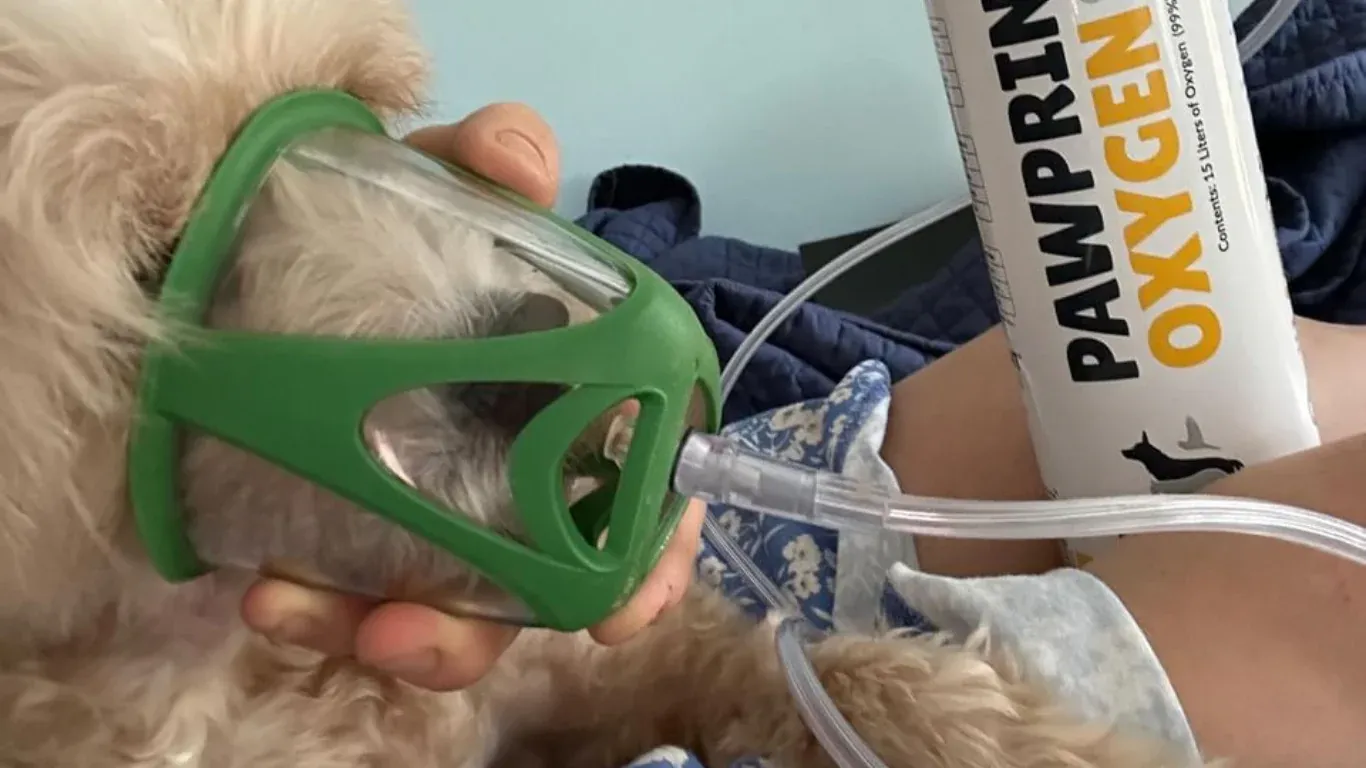 dog with oxygen mask
dog with oxygen mask
10. Elevated Sleeping Position {#elevated-sleeping}
Raising the head 20-30° via wedges or inclines prevents reflux into airways overnight.
Ortopedic beds with ramps aid access. Owners note 30% fewer coughs, improving rest.
Providing a Comprehensive Approach
Integrate these natural treatments for collapsed trachea in dogs—weight control, environment tweaks, herbs, and oxygen—for synergy. Track progress with vet logs.
Consult professionals always; meds like best medication for dogs with hip dysplasia may overlap for pain.
Enhance your dog’s life today—share experiences below or explore more care tips!
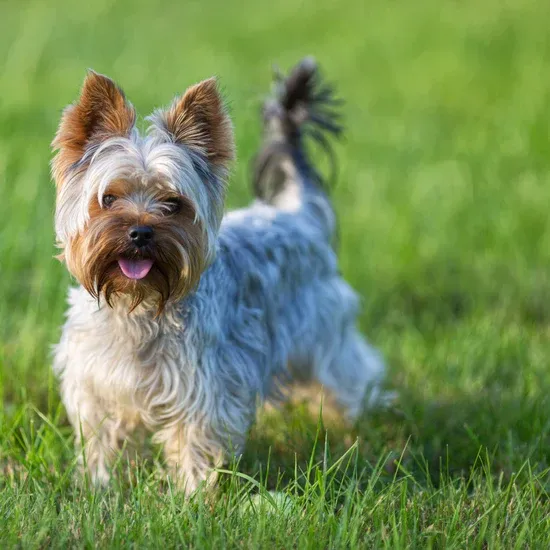 small dog
small dog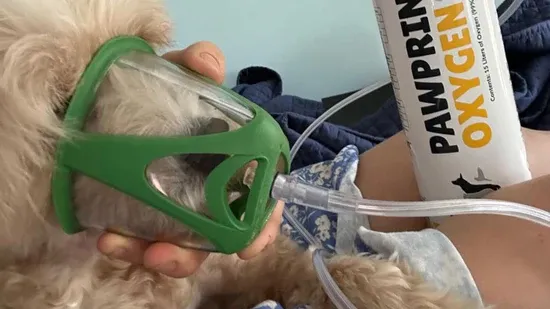 oxygen mask on dog
oxygen mask on dog
